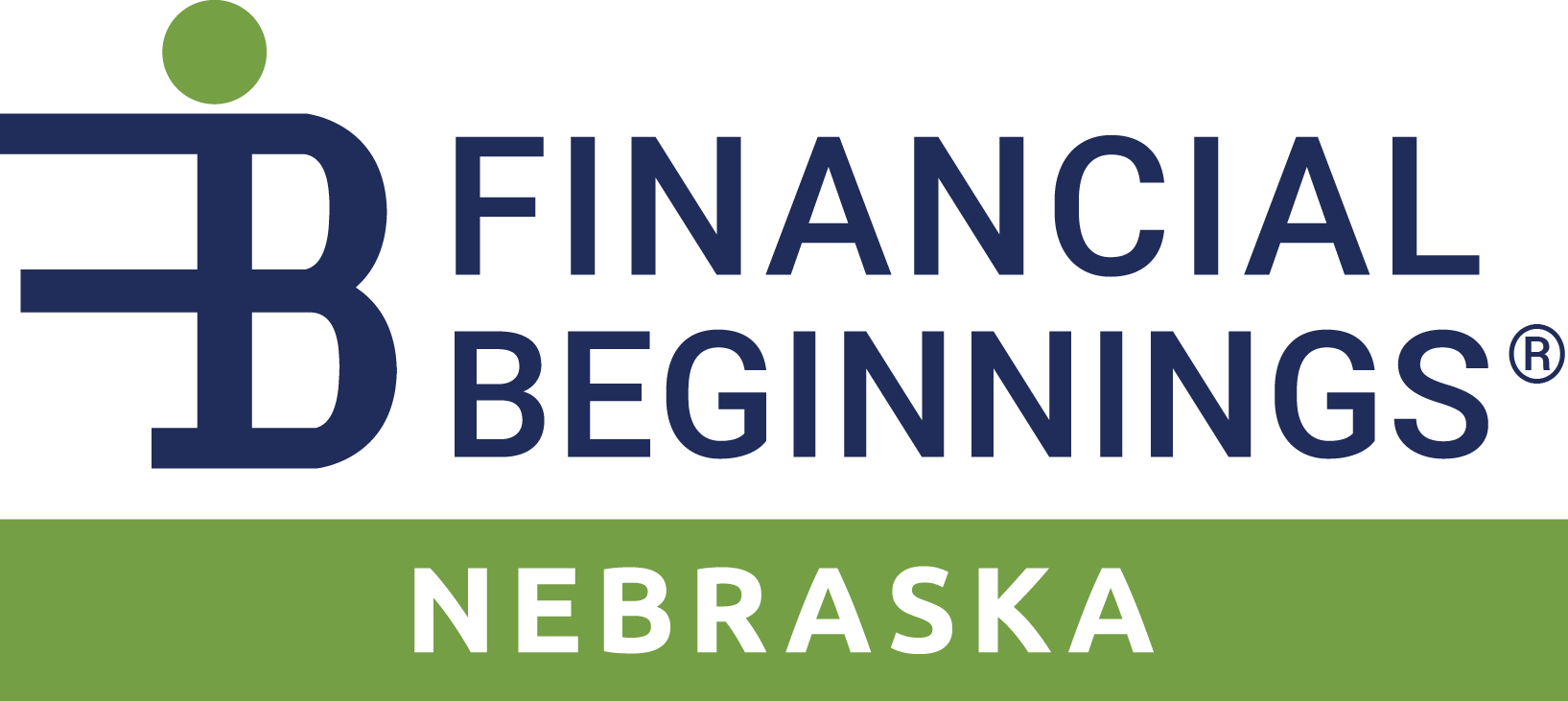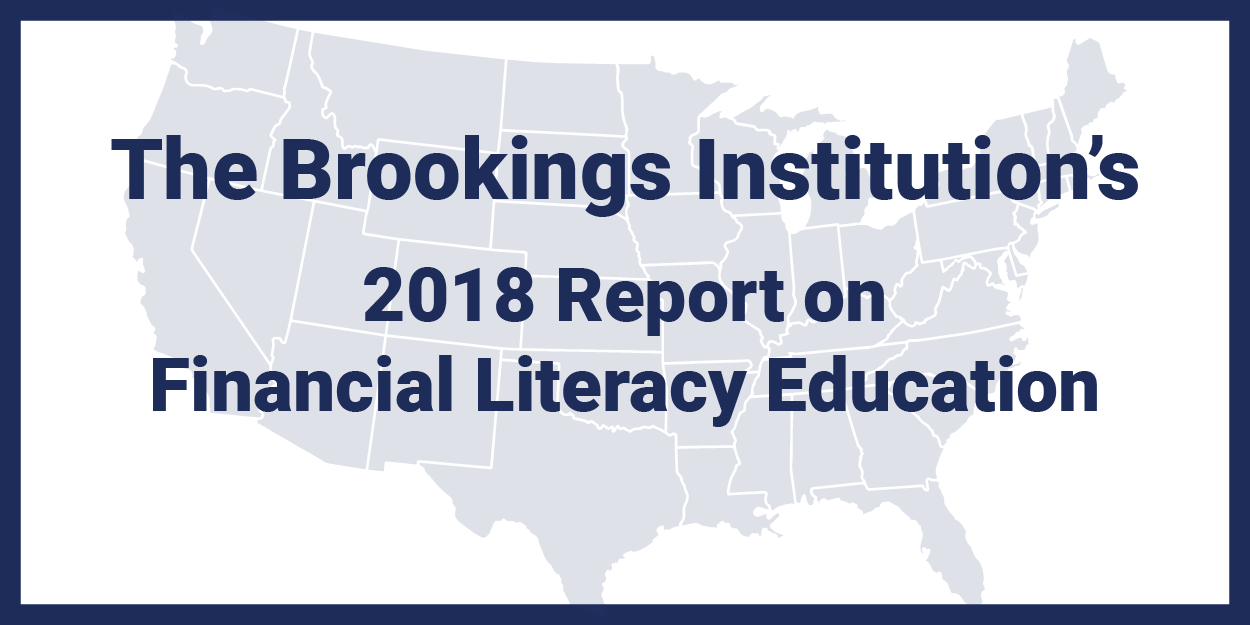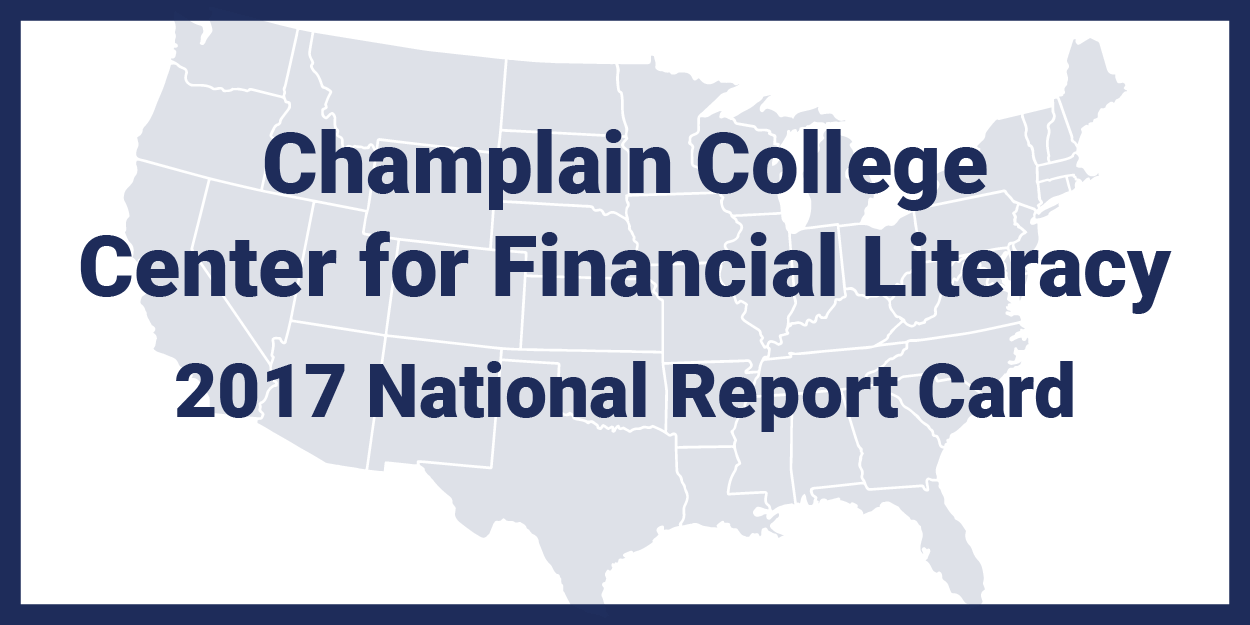We believe financial education should be included in school curricula in every state, in every district. The reality, however, is that states vary greatly in what financial literacy concepts, lessons, and classes are required across K-12.
Many states have formalized financial education standards, but far fewer actually require students to earn financial education credits for graduation. Having standards in place is a step in the right direction, providing guidance to school districts and educators on what financial concepts should be included in the broader curricula. Typically, it is up to districts on how best to implement standards, creating variability from one school to the next, one state to the next.
Employing financial education best practices and continual evaluation and refinement of its programming, Financial Beginnings hopes to help educators bring to their students consistent and impact-driven lessons, regardless of standards.
To see how your state compares to others in how well it delivers financial education, click below:
Nebraska State Financial Education Standards
The Nebraska Department of Education (DOE) does not currently have in place graduation requirements that specifically include personal finance concepts or classes. However, financial literacy is incorporated into the economics core of K-12 social studies standards. Local districts decide how required social studies content is delivered. Social Studies Standards are currently under review and revision by the state.
Nebraska schools also offer finance coursework as part of the existing Business, Marketing, and Management Career Field elective track. New course standards were approved recently and will be implemented during the 2019-2020 school year. Financial Beginnings programming is aligned with these most recently implemented standards.
Personal finance concepts account for about one-third of Nebraska's economics standards and must be included in required district-level standards. Examples of personal finance topics covered in K-12 include currency/coin identification, budgeting basics, financial accounts, and credit management. Local districts must have standards in place that are at least equal to the state's social studies standards.
Despite the absence of state requirements, more than 85% of Nebraska school districts choose to offer a personal finance class, with 95 districts requiring personal finance coursework for graduation (source: Nebraska Council on Economic Education). State standards that were last approved in 2012 inform much of this coursework, prompting lawmakers to recently propose legislation that would update and more directly include financial literacy content standards.
Nebraska's DOE also offers educators a list of personal finance lesson plans and curricula web sites that was last updated in April 2016.



.png)